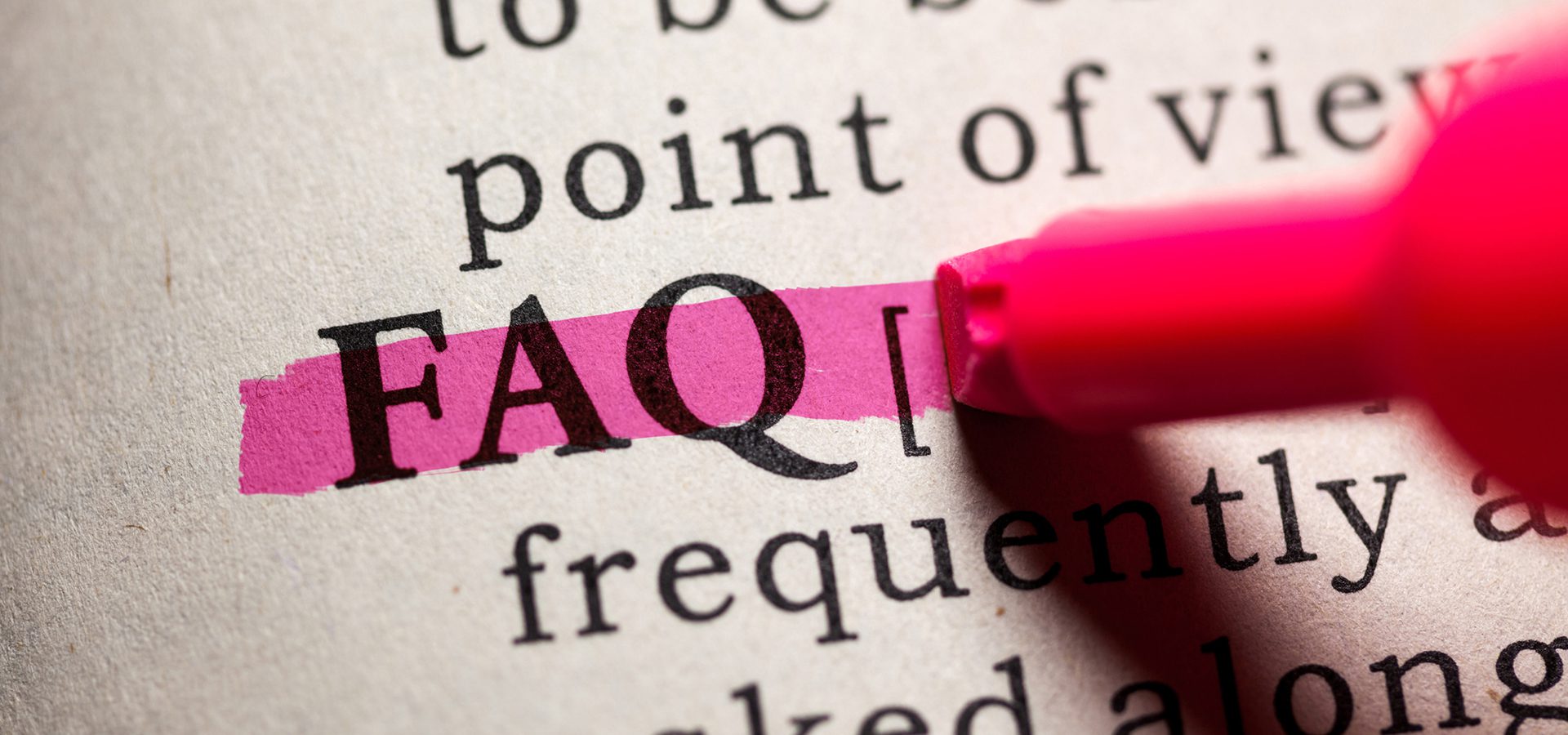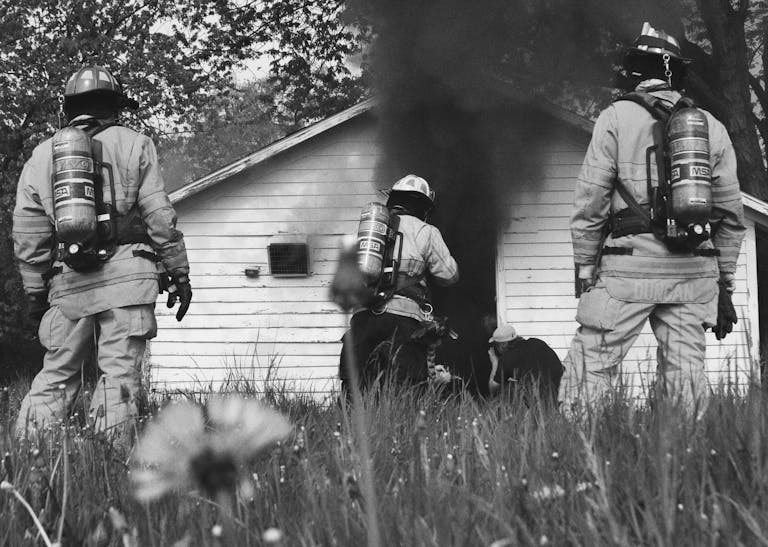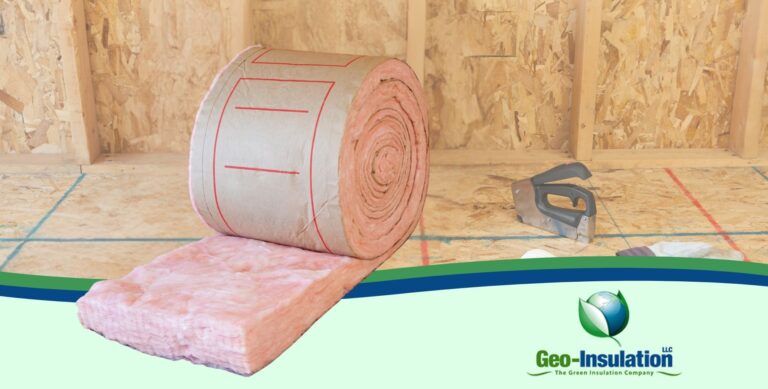
If you are in the market for insulation, you may have a lot of questions on your mind. Adding or changing the insulation in your home is a big step and you should definitely know about all the different types and how they can each benefit your home. If you continue reading, you will find the answers to five of the most commonly asked questions from homeowners regarding the home insulation.
Will I Save Money by Adding Insulation To My Home?
Not only will you save money by adding insulation to your home, but adding insulation to your home also increases your home’s comfort and protects the environment by reducing the energy use in your home. It has been estimated that around 44% of every homeowner’s bills go to heating and cooling their homes. This is a huge amount of spending going into just keeping your home comfortable. It has also been estimated that homeowners have the ability to reduce their energy costs anywhere between 10% through 55% if they take certain steps. One of these so said steps are adding or increasing the amount of thermal insulation in your home.
How Much Insulation Should My Home Have?
When it comes to how much insulation you should have in your home, there isn’t a right or wrong answer that we can give everyone, although, we can tell you that if your home was built before 1980, you should definitely get it checked as most homes built before that time don’t have enough insulation. But as mentioned before, there is no definite answer on the type or the amount of insulation that you should have installed in your home because different locations require different amounts and types of insulation.
The Department of Energy (DOE) recommends that if you are about to get insulation installed in your home, you should check the R-Value’s of your location.
What Is R-Value and Why Is It Important?
The R-Value, which is also known as “Thermal Resistance”, is the measurement of the insulation’s resistance to heat flow. This measurement is determined by the material type, thickness, and installed weight per square foot. For instance, the higher the R-Value, the greater the insulating power is within your insulation.
What Insulation Is Best For People With Allergies?
When it comes to allergies, your home’s insulation can make quite a difference. The best type of insulation you can choose if you or your family suffer from allergies is Closed-Cell Spray Foam Insulation. The reason that closed-cell spray foam insulation is your best option for those with allergies is that it has specific properties that help reduce the number of allergens that enter and circulate through our homes. It’s elements minimize the amount of airflow entering your home which ultimately keeps insects, pollen, and any other sort of pollution from entering your home.
Do I Need To Hire a Professional Insulation Contractor?
Professional insulation contractors specialize in the very aspect of installing insulation. It is important that you hire a professional so that it is ensured that your insulation is installed properly and to ensure you get the most out of your money. Professionals will also be familiar with any local codes or regulations that may be within your city limits.
Conclusion
It is important that you have the answers to any questions you may have regarding home insulation. Doing research on anything you have in your mind will always help but you can also contact Geo-Insulation and we will gladly answer any questions you may have.






